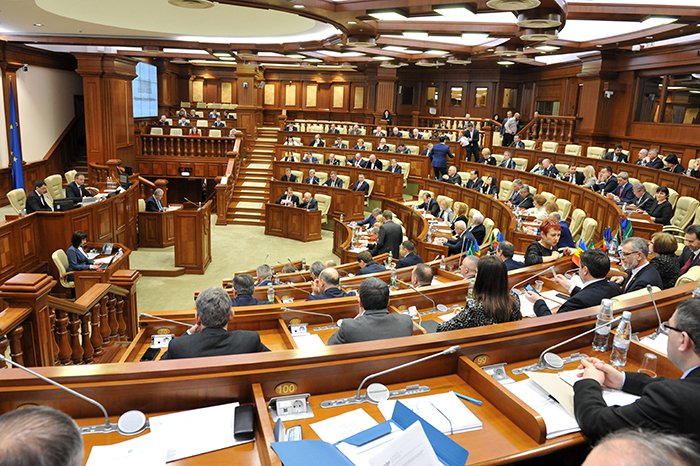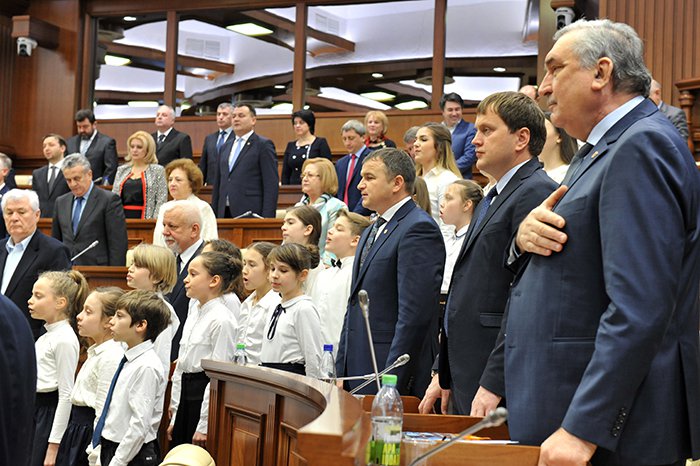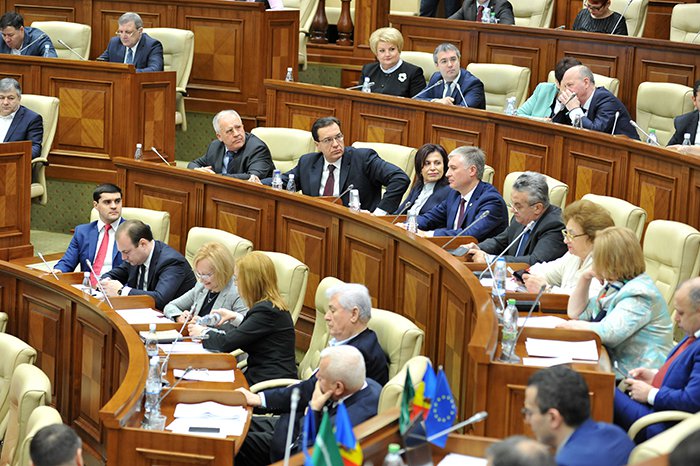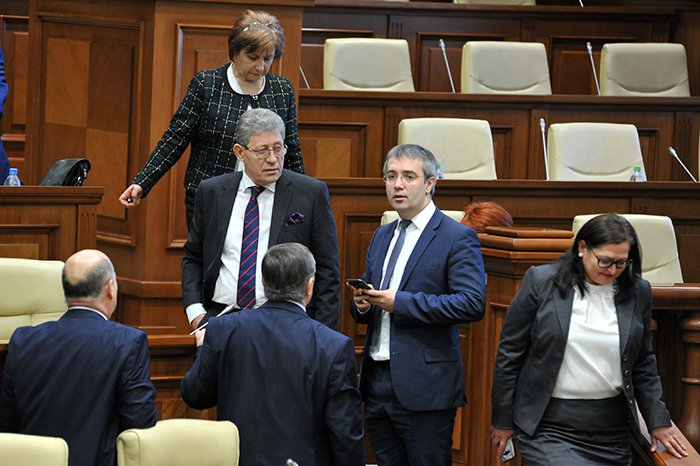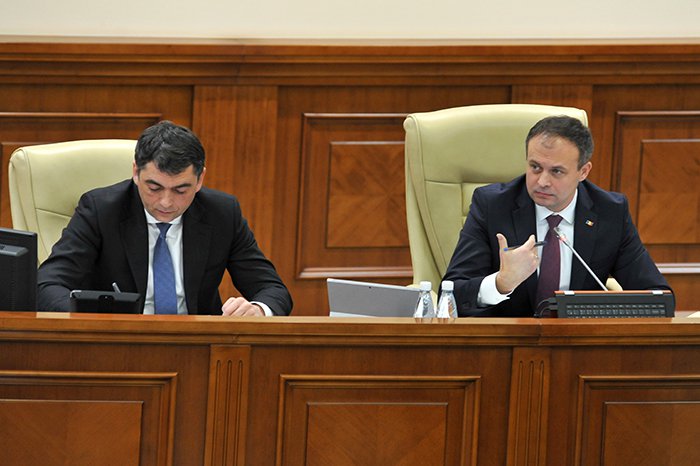Moldovan lawmakers hold first plenary meeting of spring-summer session
12:58 | 08.02.2018 Category: Political
Chisinau, 8 February /MOLDPRES/- MPs held today the first plenary meeting of the spring-summer session. Among the priorities and innovations for the session are the adoption of state budget law for 2019 and strengthening the parliamentary control mechanism.
The goals set for the current session are draft laws on judicial reform, pension, energy, human rights, media legislation, fight against corruption, financial and banking sector, development of road infrastructure, getting second and third installments of the EU macro-financial assistance etc.
The most important issues, due to be heard, including in commissions, are hearing the Kroll II report, elucidating the damage caused by bad weather, use of groundwater for non-drinking purposes, implementation of the Deep and Comprehensive Free Trade Agreement, energy security, implementation of the social security agreements, implementation of the justice reform strategy, actions to combat tuberculosis, tobacco control, mental health situation, reorganization of the road fund, as well as hearing the annual reports of the institutions reporting to parliament.
Also, a new ex-post evaluation methodology will be implemented in parliament for the first time on the implementation of legislative acts. The ex-post evaluation will allow MPs to analyze data on the implementation of the legislative documents and their impact on society. The process provides for two ways of evaluating: legal, to verify whether all necessary regulatory acts have been approved or whether there are impediments to law enforcement and impact, in order to analyze the effectiveness of the legislative act, and to improve its implementation.
The ex-post legal analysis will be carried out one year after the entry into force of the legislative act, and the ex-post impact assessment – after three years. Representatives of target groups and stakeholders are to be consulted in the evaluation process – central and local public administration authorities, experts, representatives of academia, professional institutions and non-governmental organizations.
Following the ex-post evaluation, the parliament will take decisions on the continuation, amendment, repeal or replacement of the legislative act with a new one. Earlier, Parliament Speaker Andrian Candu announced that one of the legislative acts that could be subject to ex-post evaluation is the Education Code.
(Reporter A. Zara, editor A. Răileanu)
